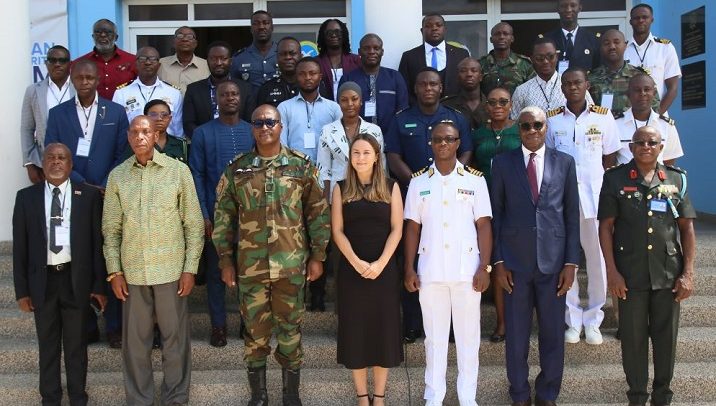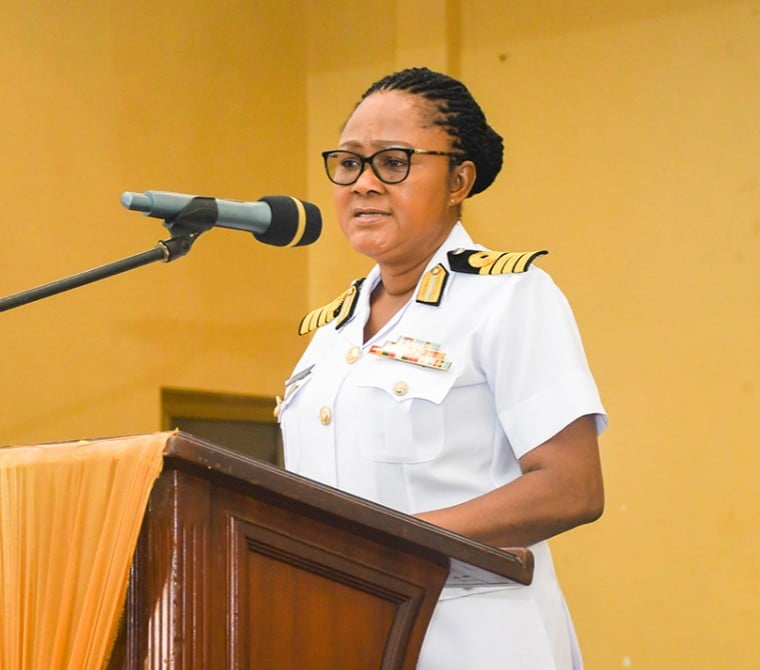
A study on corruption in Ghana's basic education sector has attributed the menace to misappropriation of resources in the educational sector.
The study conducted by Ghana National Education Campaign Coalition (GNECC), through a desk study and literature review in 2016, showed that corruption in basic education sector pertained to allowances, construction and maintenance, teacher misconduct, distribution of furniture and educational materials.
According to the GNECC study, such practices had led to inadequate educational infrastructure and facilities, poor education planning and management, reduced accessibility and inclusiveness, congestion and poor ventilation and short life span of facilities.
Presenting the findings yesterday at a restitution and awareness raising campaign on the Sustainable Development Goals (SDGs) 4 and 16 in Accra, the Pro Vice Chancellor, Central Administration, the University for Development Studies (UDS), Professor Seidu Al-Hassan, recommended that policy makers, Ghana Education Service (GES) and the Civil Society Organisations (CSOs) should close existing gaps that allowed corruption in the basic education sector to flourish.
He said the SDG 4 states that "Ensure inclusive and equitable quality for all," and 16 says, "Promote peaceful and inclusive societies for sustainable development, provide access to justice for all and build effective, accountable and inclusive institutions at all levels."
Prof. Al-Hassan said to achieve these goals, corruption with its associated poverty and inequality should be minimised and policies in development should be focused on creating economic opportunities for all persons irrespective of age, gender, religion, physical ability or socio-economic status.
He asked policy makers to fight corruption and ensure transparency and accountability in the discharge of their duties.
Prof. Al-Hassan stated that the 15-member inter-ministerial committee set up for the implementation of the SDGs should be strengthened to work efficiently and effectively.
He urged the GES to ensure the spirit of ownership and strengthen all stakeholders in providing essential services in the education sub-sector.
Prof. Al-Hassan asked the GES to view corruption as a moral issue and promote value-based education in order to promote core values of integrity, civic responsibility, self-discipline, respect for the right and dignity of others and respect for authority.
He encouraged the GES to endorse the teaching of ethics, and the effects associated with examination malpractices and corruption.
Prof. Al-Hassan called on the CSOs to identify and encourage brave investigative journalists, courageous prosecutors and anti-corruption activists whose work expose corrupt individuals.
He urged CSOs to also monitor public resource distribution, utilisation and public service delivery at the local levels.
The Programmes Manager at Ghana Integrity Initiative (GII), Mrs Mary Addah, said her outfit together with their counterparts in Rwanda and Uganda were implementing a project which sought to gather evidence and inform advocacy activities, anticipated to support the implementation of SDGs 4 and16.
She said the project also recognised education as a key area needed to be worked on, to inform citizens on corrupt behaviours that were hampering the achievement of quality education at the basic education level.
Read Full Story

























Facebook
Twitter
Pinterest
Instagram
Google+
YouTube
LinkedIn
RSS